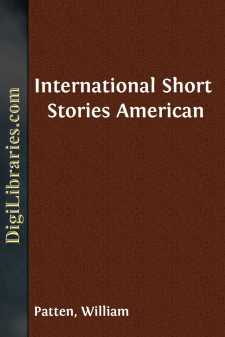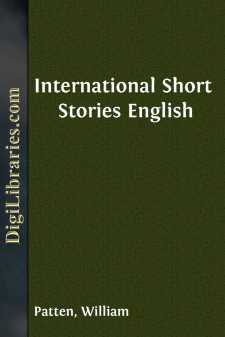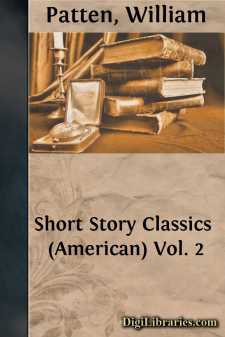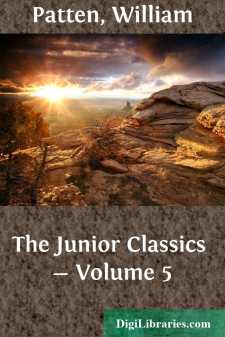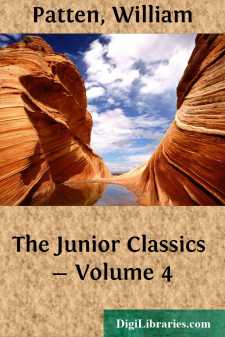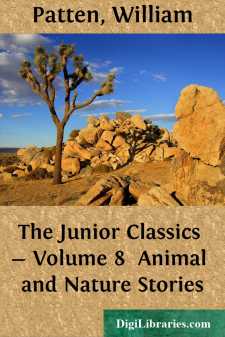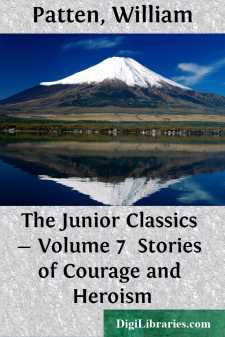Categories
- Antiques & Collectibles 13
- Architecture 36
- Art 48
- Bibles 22
- Biography & Autobiography 813
- Body, Mind & Spirit 142
- Business & Economics 28
- Children's Books 16
- Children's Fiction 13
- Computers 4
- Cooking 94
- Crafts & Hobbies 4
- Drama 346
- Education 46
- Family & Relationships 57
- Fiction 11829
- Games 19
- Gardening 17
- Health & Fitness 34
- History 1377
- House & Home 1
- Humor 147
- Juvenile Fiction 1873
- Juvenile Nonfiction 202
- Language Arts & Disciplines 88
- Law 16
- Literary Collections 686
- Literary Criticism 179
- Mathematics 13
- Medical 41
- Music 40
- Nature 179
- Non-Classifiable 1768
- Performing Arts 7
- Periodicals 1453
- Philosophy 64
- Photography 2
- Poetry 896
- Political Science 203
- Psychology 42
- Reference 154
- Religion 513
- Science 126
- Self-Help 84
- Social Science 81
- Sports & Recreation 34
- Study Aids 3
- Technology & Engineering 59
- Transportation 23
- Travel 463
- True Crime 29
William Patten
William Patten was an American author and editor known for his work in the early 20th century. He is most notable for editing the "Junior Classics," a popular children's literature series that aimed to make classic works accessible to young readers. Patten's contributions to literature also include various writings and editorial projects that enriched American literary culture during his time.
Author's Books:
Sort by:
by:
William Patten
"But this painter!" cried Walter Ludlow, with animation. "He not only excels in his peculiar art, but possesses vast acquirements in all other learning and science. He talks Hebrew with Dr. Mather, and gives lectures in anatomy to Dr. Boylston. In a word, he will meet the best instructed man among us, on his own ground. Moreover, he is a polished gentleman—a citizen of the world—yes, a...
more...
by:
William Patten
CHAPTER I It was the day after Donne Fair when my story commences. It had been a brisk market: several dealers had attended from the northern and midland counties in England, and English money had flown so merrily about as to gladden the hearts of the Highland farmers. Many large droves were about to set off for England, under the protection of their owners, or of the topsmen whom they employed in the...
more...
by:
William Patten
THE BRIGADE COMMANDER——————————BY J. W. DE FOREST John William De Forest (born March 36, 1826, in Seymour, Ct.) at the outbreak of the Rebellion abandoned a promising career as a historian and writer of books of travel to enlist in the Union army. He served throughout the entire war, first as captain, then as major, and so acquired a thorough knowledge of military tactics and the...
more...
by:
William Patten
Consciously or unconsciously we are influenced by the characters we admire. A book that exerts a deep as well as a wide influence must produce changes in the reader's way of thinking, and excite him to activity; the world for him can never be quite the same that it was before. Such books have an important part in moulding the character of a people. It is because the books represented in this...
more...
by:
William Patten
The word chivalry is taken from the French cheval, a horse. A knight was a young man, the son of a good family, who was allowed to wear arms. In the story "How the Child of the Sea was made Knight," we are told how a boy of twelve became a page to the queen, and in the opening pages of the story "The Adventures of Sir Gareth," we get a glimpse of a young man growing up at the court of...
more...
by:
William Patten
Little Cyclone is a grizzly cub from Alaska, who earned his name by the vigor of his resistance to ill treatment. When his mother was fired at, on a timbered hillside facing Chilkat River, he and his brother ran away as fast as their stumpy little legs could carry them. When they crept where they had last seen her, they thought her asleep; and cuddling up close against her yet warm body they slept...
more...
by:
William Patten
During the time when Pericles was at the head of the state at Athens he spared no pains and no money to make the city beautiful. He himself was a lover and patron of the arts, and he was determined that Athens should become the very centre of art and refinement, and that she should have splendid public buildings and splendid sculptures and paintings. So he gathered round him all the great sculptors and...
more...


